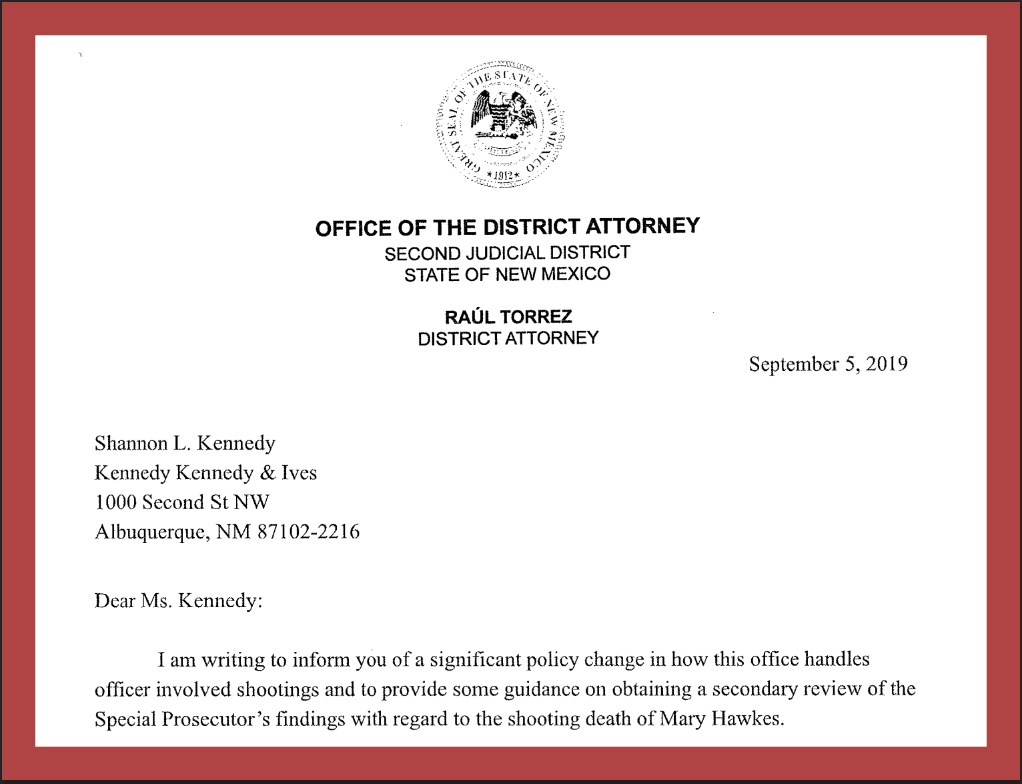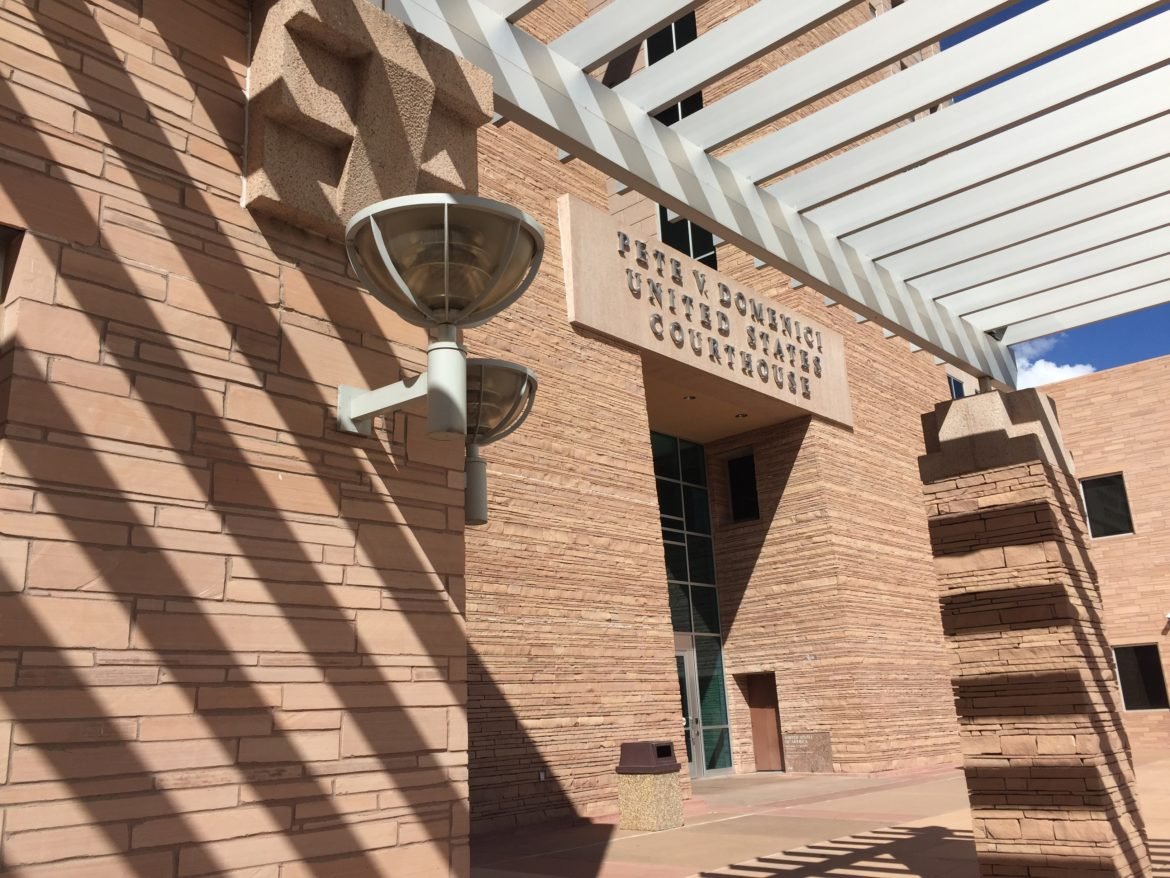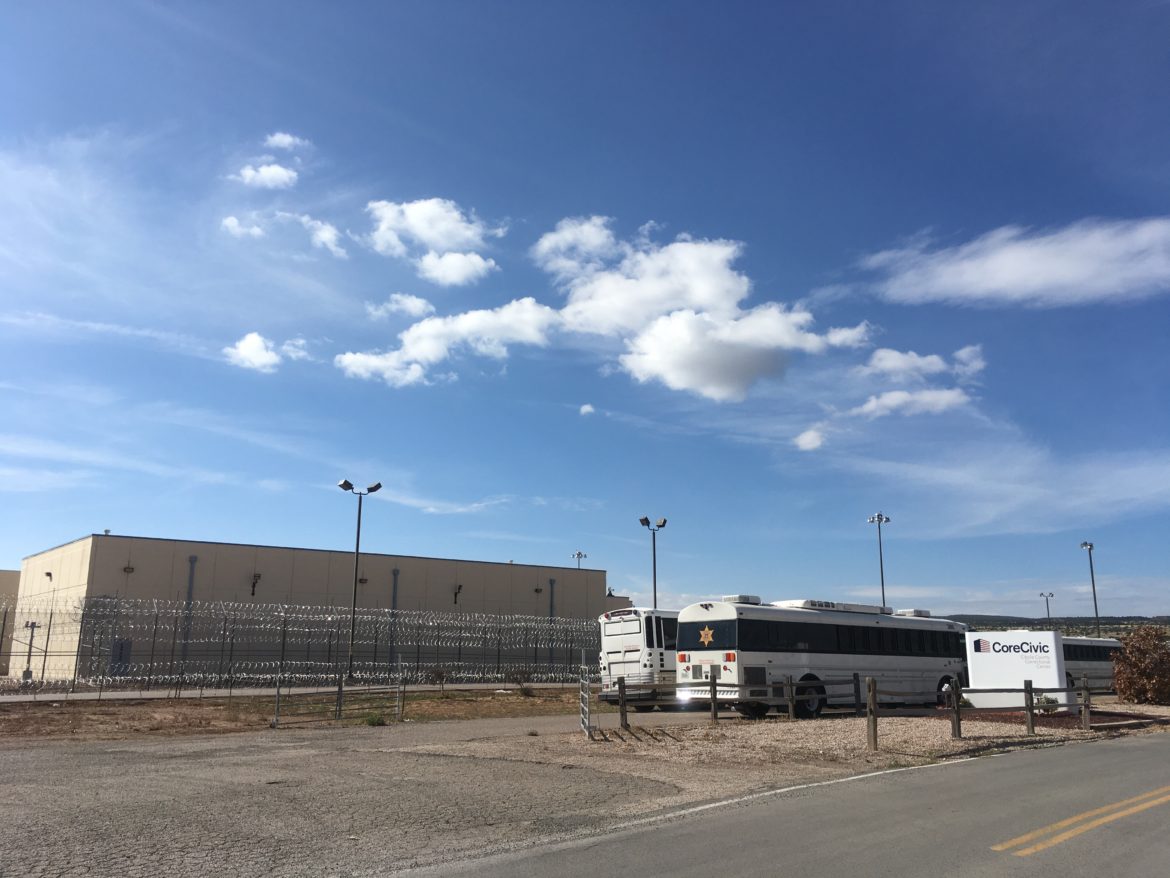2020 Legislative Session
Locking up Resources
|
Lawmakers will be inundated with funding requests during the 2020 legislative session from across the state, as New Mexico sits poised to enjoy a second year of cash surpluses. It’s a good problem to have. Judges, prosecutors, police and public defenders will be among those in line for budget increases, as they seek to plug holes in the criminal justice system that have festered over the past decade. There will be a few criminal justice system reforms on the agenda as well.
The cash infusions are sought to fix, at least in part, problems that have long bedeviled the state, including the nation’s lowest paid judges, stubbornly high crime rates and inadequate defense for people of modest means swept up in the criminal justice system in one of America’s poorest states. DA’s offices will be asking for more money to handle increased caseloads stemming from crime rates around the state that never seem to dip much.









